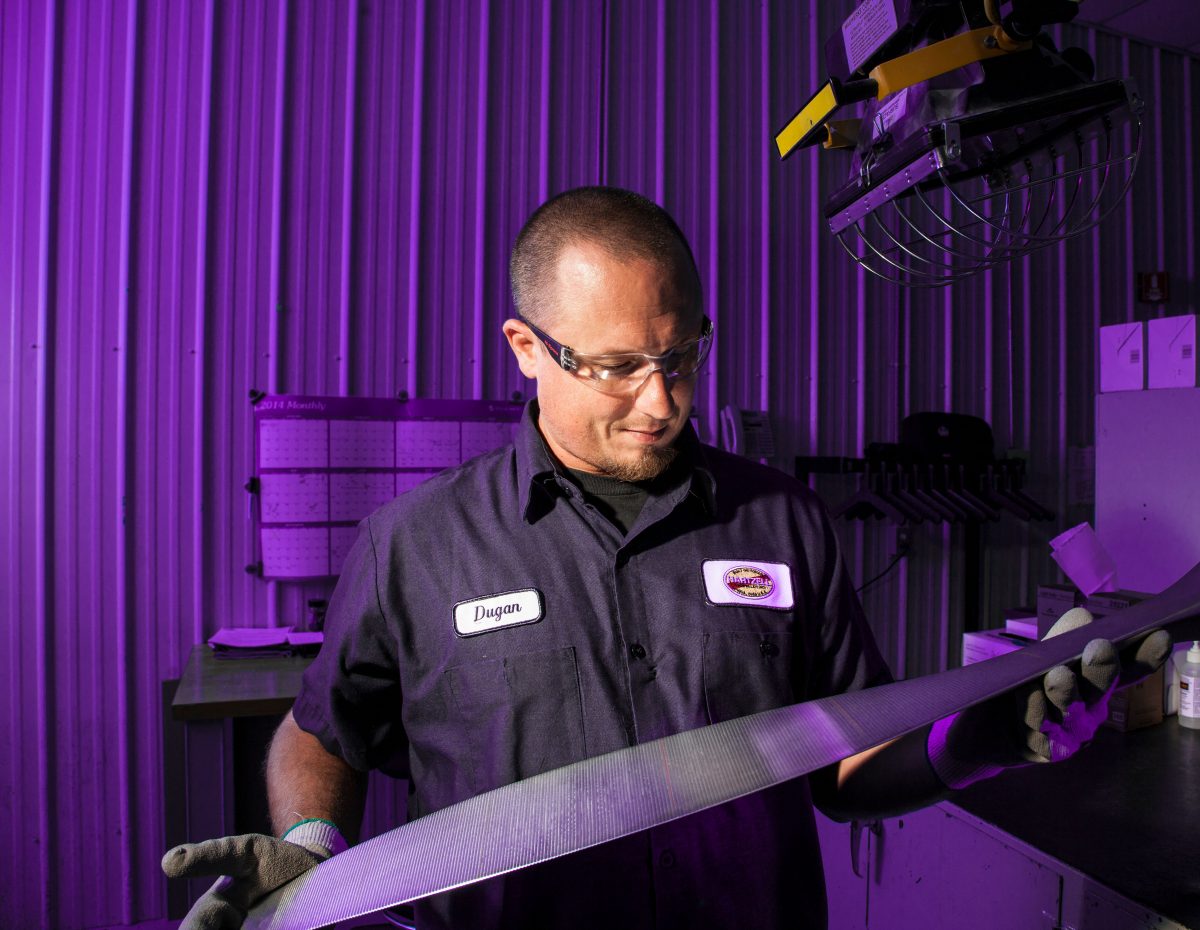
The aviation industry is ripe with exciting career opportunities. While there are plenty of ways to make a living by flying, there’s also a broad range of diverse, dynamic, and fulfilling non-flying careers worth exploring.
Today, we’re highlighting a few of the many non-flying career paths in aviation:
Being an air traffic controller is one of the most challenging careers in aviation, requiring the ability to handle high-pressure situations to ensure the safety and efficiency of the airspace system. As many controllers begin to approach the mandatory retirement age of 56, the FAA is expected to open more hiring opportunities over the next decade.
Aspiring controllers need to meet several minimum requirements, including being age 30 or younger and having a four-year college degree or at least three years of work experience. Selection by the FAA as a controller is followed by 12 weeks of training at the FAA Academy in Oklahoma City and several years of on-the-job experience before becoming a certified professional controller.
The aviation industry relies on skilled engineers of all types to ensure the safety and reliability of today’s complex aircraft, systems, and equipment. As the industry looks toward the future of electric aviation and sustainable flight, there will continue to be a demand for experienced engineers with a passion for innovation and new technologies.
Working in the modern aviation manufacturing industry is far more dynamic and technologically advanced than the repetitive assembly lines of years past. Most manufacturing facilities utilize computer-aided systems, machine engineering, and robotics to fabricate, assemble, test, inspect, and install parts, components, and systems for personal aircraft all the way up to enormous jets. Today’s skilled manufacturing professionals thrive in a team environment, take pride in their work, and enjoy taking on a variety of tasks so that no two days are exactly alike.
As long as there are airplanes, there will be a need for highly trained aviation maintenance technicians. A&P (airframe and powerplant) mechanics must meet an experience or educational requirement and pass a set of required tests to be licensed by the FAA. Once certified, A&P mechanics can work on aircraft ranging from commercial airliners to general aviation aircraft to vintage warbirds. A&Ps play a vital role in aviation safety by inspecting, maintaining, and repairing aircraft to keep them in top condition.
Those who enjoy interacting with people and sharing a passion for aviation will excel in the sales and marketing side of the industry. Employees in aviation sales and marketing immerse themselves in the aviation industry — sometimes becoming pilots themselves — to better meet their customers’ needs and gain a deeper understanding of the products they’re selling. Working in this area of the aviation industry often includes the opportunity to travel to exciting destinations to meet with customers and attend trade shows.
If you’re curious about a career in aviation, now is a great time to take the plunge! Many aviation companies are currently hiring, including Hartzell Propeller. Find out more about employment opportunities at Hartzell Propeller in manufacturing, HR, sales, and more.